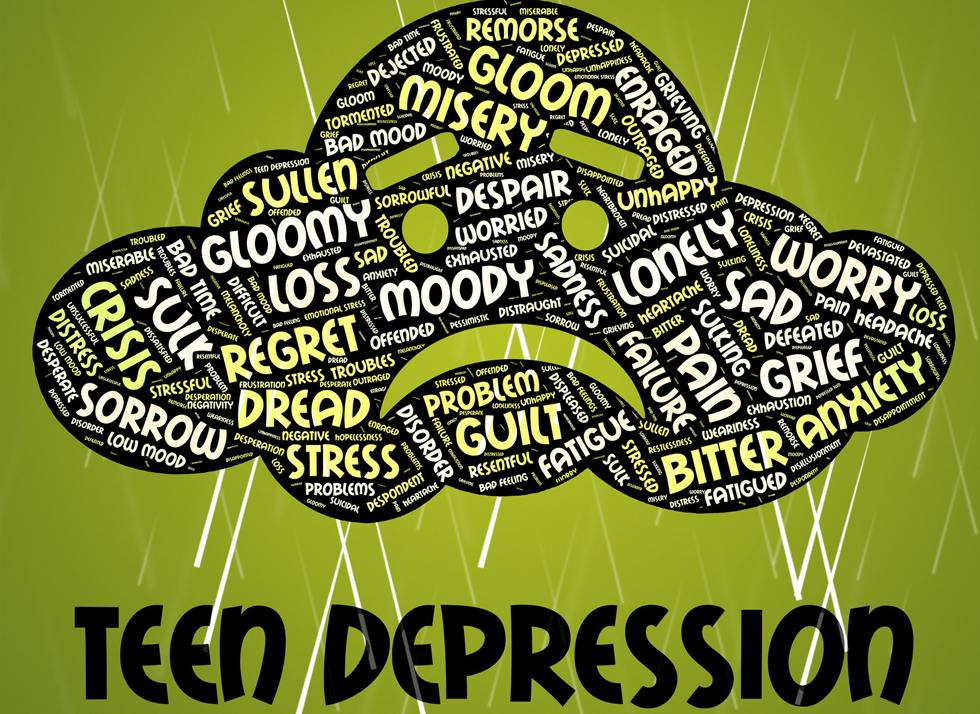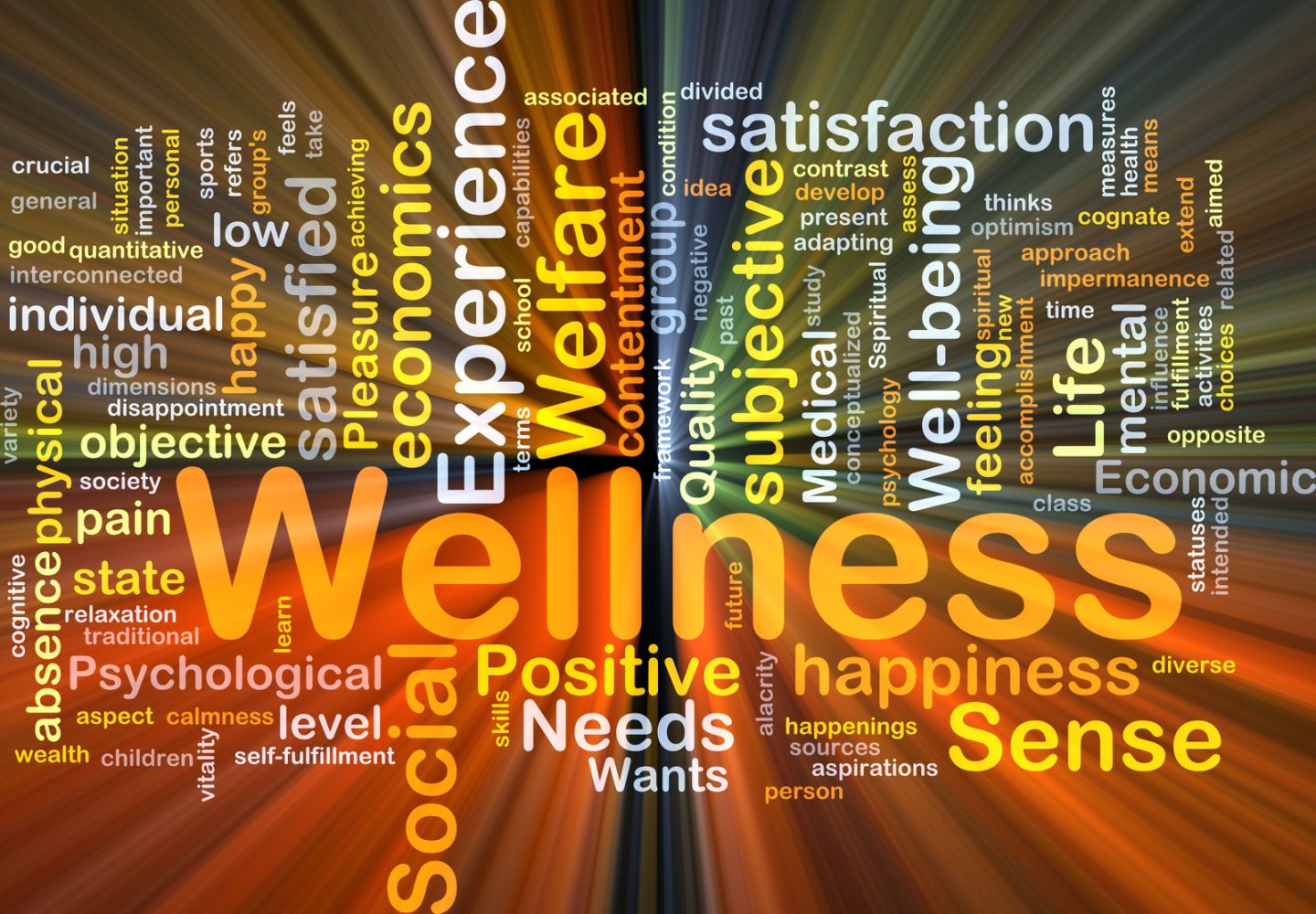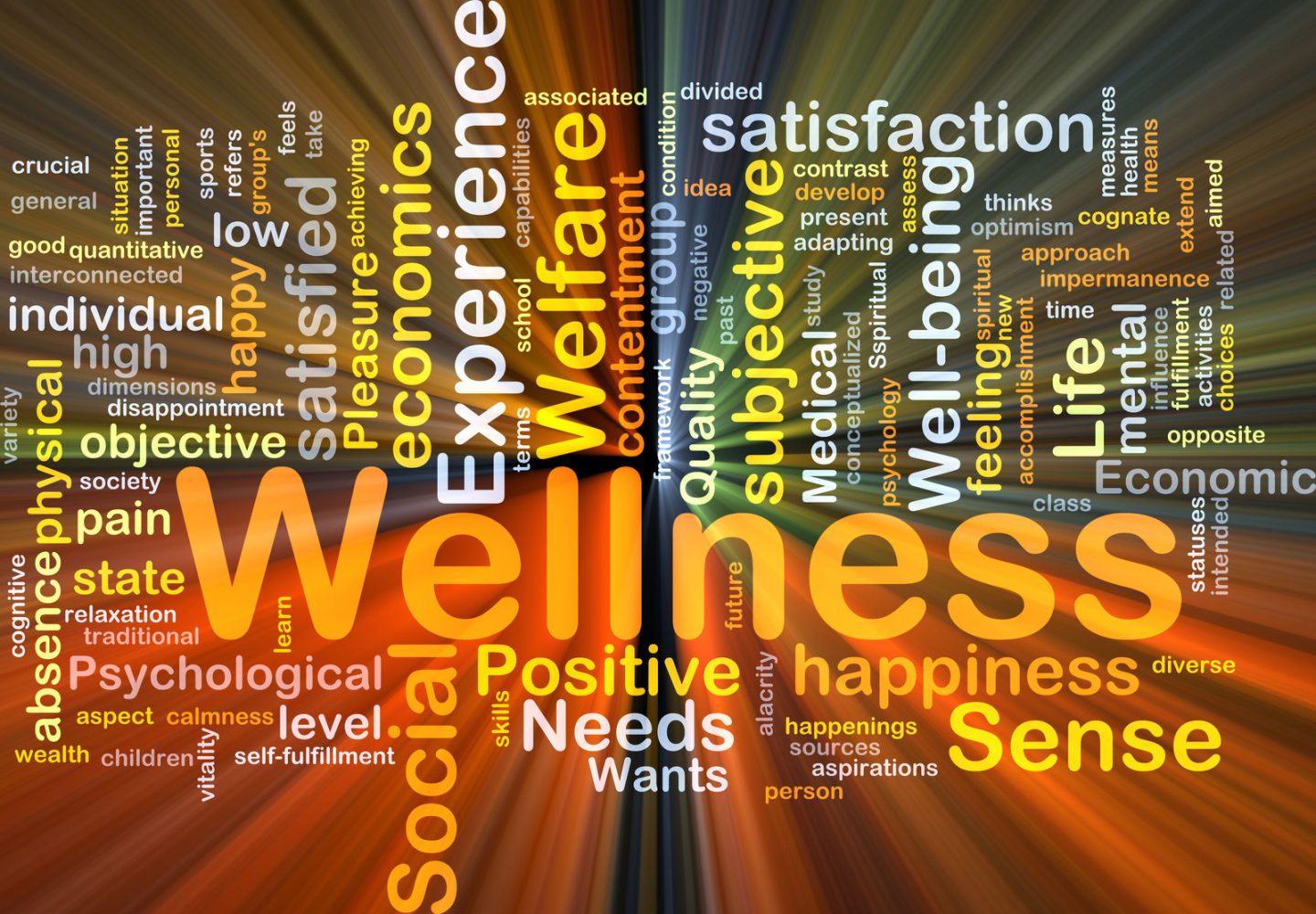Teen depression: Observe, detect and treat

Living Well
BY JESSICA SCHIEK, MS, LPC
Ministry Behavioral Health

Jessica Schiek, MS, LPC
Adolescence can be tough. The many pressures of school, friends, social media, and changing hormones can make life feel overwhelming. In the midst of these growing pains and pressures, a certain amount of moodiness and acting out is to be expected. As a result, it can be easy to miss the signs of a more serious problem such as depression.
Although depressive illness is rare among children, the one-year prevalence rate reaches four to five percent by mid- to late adolescence. In girls, the increase following puberty is particularly sharp, almost double that of males. Although the reasons are not fully known, experts believe that hormonal changes are involved.
Family history is an important risk factor. While the research is ongoing, the child of a depressed parent is three times more likely to become depressed. Also at risk are teens that have suffered a major injury or have been exposed to traumatic events such as poverty, physical or sexual abuse or the death of a family member or close friend.
We tend to think of depression solely in terms of sadness; however there are several different symptoms, which may differ from those of adults.
IRRITABILITY, ANGER AND HOSTILITY may be present even more so than a depressed mood among adolescents. Warning signs can be behavioral problems, substance abuse, and refusal to attend school or a decline in academic performance.
WITHDRAWAL FROM FAMILY AND FRIENDS. All teens want and need privacy but an adolescent who retreats to their room after school and stops participating in activities they enjoy may be indicators of a depressed mood.
CHANGES IN EATING AND SLEEPING HABITS can be expected during adolescence. Extreme changes, though, such as loss of interest in food or compulsive overeating, are possible symptoms.
Other possible signs include: persistent fatigue, lack of energy, difficulty concentrating, restlessness, unexplained aches and pains and frequent crying.
It’s important for you to note not just the symptoms themselves but how long they have been going on, how severe they are and how much the individual is deviating from his or her usual way of being.
If you see the signs, don’t ignore them. Left untreated, depressive symptoms can become increasingly severe.
TALK ABOUT IT: Talking to a child about depression should not be a confrontation but rather communication of concern. Talk about the signs you have noticed and why you think they could indicate depression. You don’t need to ask a lot of questions; you are there to listen and provide support.
Once your teen begins to talk, resist the urge to criticize, lecture or even offer advice. If your son or daughter does not wish to talk, so be it. But be sure to keep the lines of communication open. Set aside a time each day when you are free to talk face to face. And let them know that you will be available any time in the future that they need help.
GET YOUR TEEN INVOLVED: Staying connected to friends and activities, social connectedness, positive trusting relationships with peers and adults can increase happiness and help prevent depression.
One of the cures for depression is regular exercise–at least an hour a day is recommended for good health. Nutritious, balanced meals are also essential for both physical and mental health.
When symptoms are persistent and/or severe, you probably want to contact a health professional. It’s particularly important to get help if you spot any of the symptoms of suicide such as expressing death wishes or talking or joking about suicide. Threats of suicide should always be taken seriously.
Treatment for depression is available. Research shows that psychotherapy, or talk therapy, and medication can effectively reduce symptoms of depression.
There is no question that depression can be treated. That’s why it’s so important for an adult to note the symptoms early and get early help for the troubled adolescent.
Jessica Schiek, MS, LPC, Ministry Behavioral Health, Part of Ascension. For more information, please call 715.361.2805.
Leave a reply
You must be logged in to post a comment.




